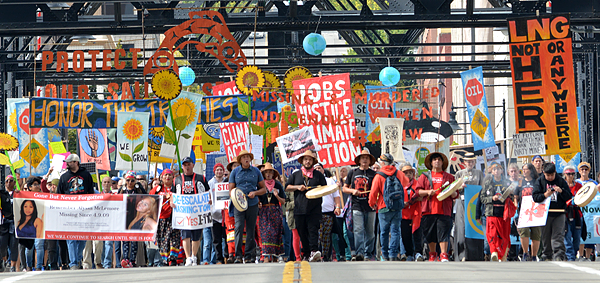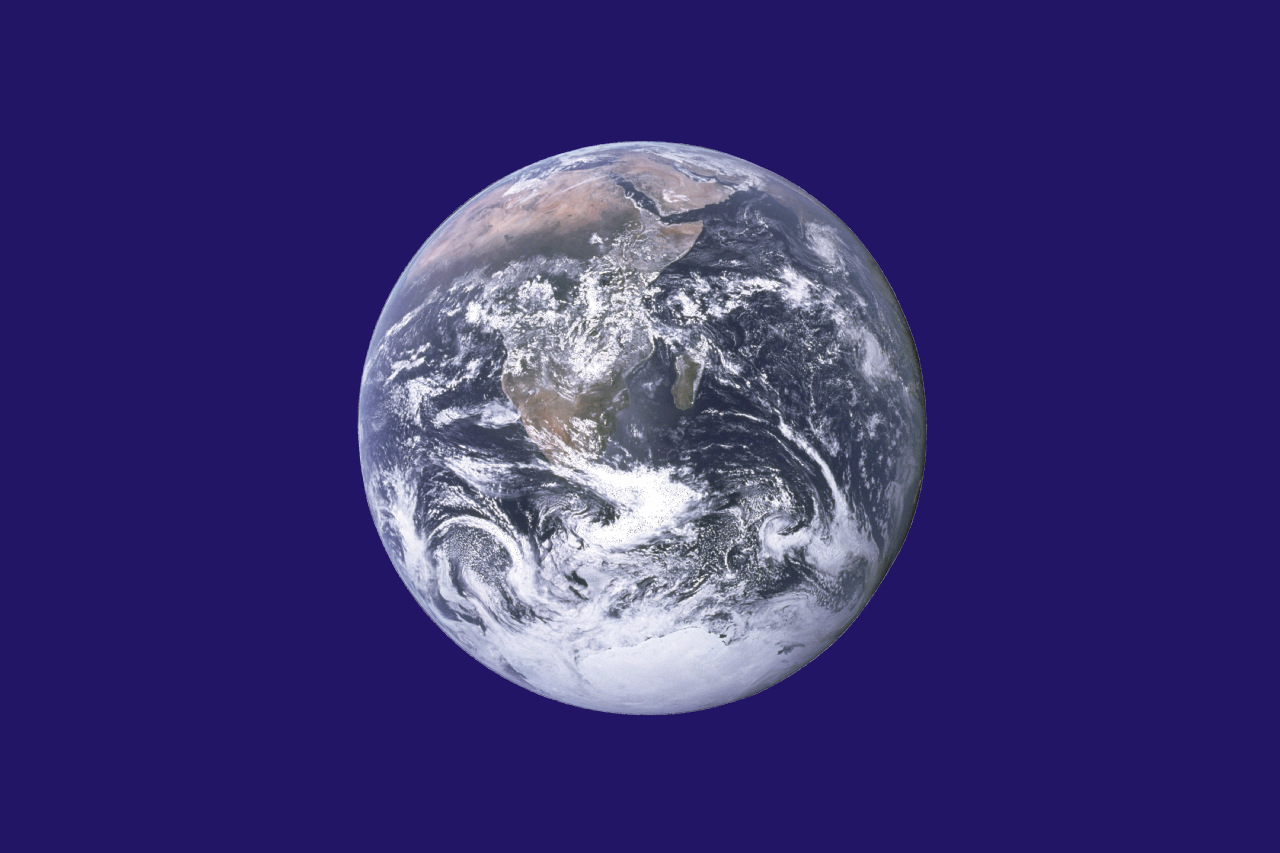Intersectional Environmentalism: The key to Fighting Racism and Climate Change
This talk is part of Huxley's Earth Day events for 2021. Click for more information on other events.
(Archived video of this presentation.)
Communities of color and low income communities have carried the most burden of environmental injustices. However the environmental movement has excluded black and brown communities from the conversation, from science to policy to outdoor recreation and leisure. Environmentalism is white and some of the outcomes have been white supremacist in nature and symptomatic to the greater root cause. To combat the racism embedded within the environmental movement as well as have more impactful solutions to the planet, we must involve highly impacted communities in ALL parts of decision making, from beginning to the end, early and often. Using community gathered qualitative data, existing demographic information, health metrics, and pollution indicators, the WA environmental justice task force used the EJ mapping tool (which was created with community and led by Front and Centered and University of Washington) also known as the Washington State Health disparities map to help guide equitable actions in the form of agency practices and current proposed legislation.


About the Speaker

Emily Pinckney grew up along the Salish Sea in Tacoma, Washington on Puyallup Tribal land where she spent 26 years of her life. She knew since she was three years old that she wanted to serve her community.
Emily Pinckney attended Humboldt State University and Duke University and graduated with a degree in Marine Biology and Conservation, and a minor degree in Dance Science and Wildlife Management. In her academic career, she has done research at the University of Texas Marine Science Institute, Fordham University: Louis Calder Ecological Institute, and the Smithsonian Tropical Research Institute: Bocas Del Toro. Her areas of study included local extinction events, biodiversity loss from climate change, human impacts on marine environments, systems of subjugation (racism, sexism, etc) on climate change, and sensory physiology of marine animals, and using empathy as a tool of conservation behavior change.
Although she was involved in volunteerism early in her youth, her experiences as an underrepresented scientist led her to focus her efforts on promoting environmental justice principles and equity as well as educate underserved communities on how to navigate around systemic barriers to community-based decision-making. Policy, STEAM accessibility, youth involvement, and education are the focus of her work. She currently serves on the WA State Environmental Justice Task Force, Sustainable Tacoma Commission, 500 Women Scientists, and the Tacoma Urban League Young Professionals. After working in research spaces, Emily moved to zoo and aquarium learning institutes as the Community Outreach Educator for the Seattle Aquarium and now the Youth volunteer coordinator and part of the DEAI team at Point Defiance Zoo and Aquarium.
When Emily is taking a break from science and policy, she choreographs with inspiration from many different styles of dance, mainly contemporary, African, and jazz dance. Her intersection in her identity within the environment and environmental movement are the focal topics of her art.
Environmental Speaker Series
The Environmental Speaker Series is hosted by the College of the Environment at Western Washington University.
The Series is free and open to the public. Talks are held each Thursday at 4:30 pm in Academic Instructional Center West room 204 - AW-204. Talks will also be streamed via zoom. Register with the Alumni Association for the zoom link. Paid parking is available in lot C.
Learn more about the Environmental Speaker Series
Subscribe to the Email List